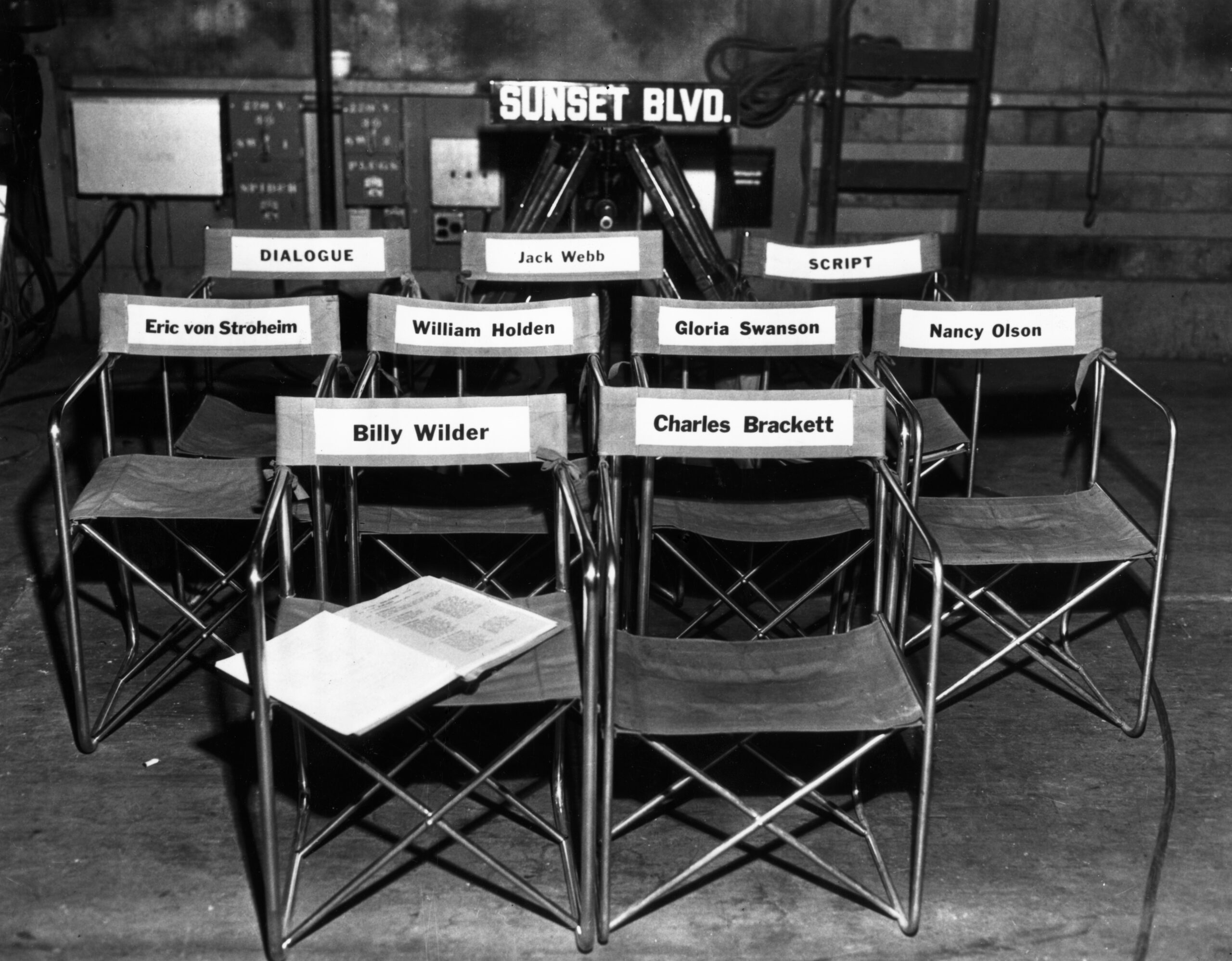
Born to be Wilder – Billy Wilder’s Timeless Influence
Written by on Jun 27, 2025 12:00 PM
Billy Wilder was a daring filmmaker, often pushing the boundaries of cinema through his transgressive approach to filmmaking. His films explored taboos such as drag, adultery, unorthodox relationships, murder, and scathing critiques of those in power, all while being made during a time of microscopic censorship.
Wilder was making films during the heyday of the Hays Code, a self-regulatory system created by the Motion Picture Producers and Distributors of America (MPPDA) that all films had to follow. Adhering to these rules while telling an uncompromising and singular story was burdensome for most directors; Wilder did it effortlessly, never losing sight of giving his audience a unique and entertaining experience.
We would not have filmmakers like Cameron Crowe, Richard Linklater, Bill Hader or David Lynch without the path set by Wilder himself. With Sunset Boulevard coming to theatres nationwide August 3 & 4 to celebrate its 75th anniversary, we prepared for our closeup and explored the timeless influence of Billy Wilder.
Billy Wilder’s Sunset Boulevard is a tragedy. It is a film about the feeble attempt to recapture what was, and the denial of what is. Wilder uses Hollywood as a backdrop for examining a deeply flawed yet sympathetic character; Gloria Swanson’s Norma Desmond is someone who feels left behind by a changing industry.
Filmgoers feel her sorrow and nostalgia, empathizing with her character’s regression. Norma is a character who refuses to move on as the film chronicles her deterioration, sinking lower and lower. Yet, her delusion is never made a spectacle. Wilder’s fascinating and uncompromising storytelling has allowed this film to cement its place in cinematic history.
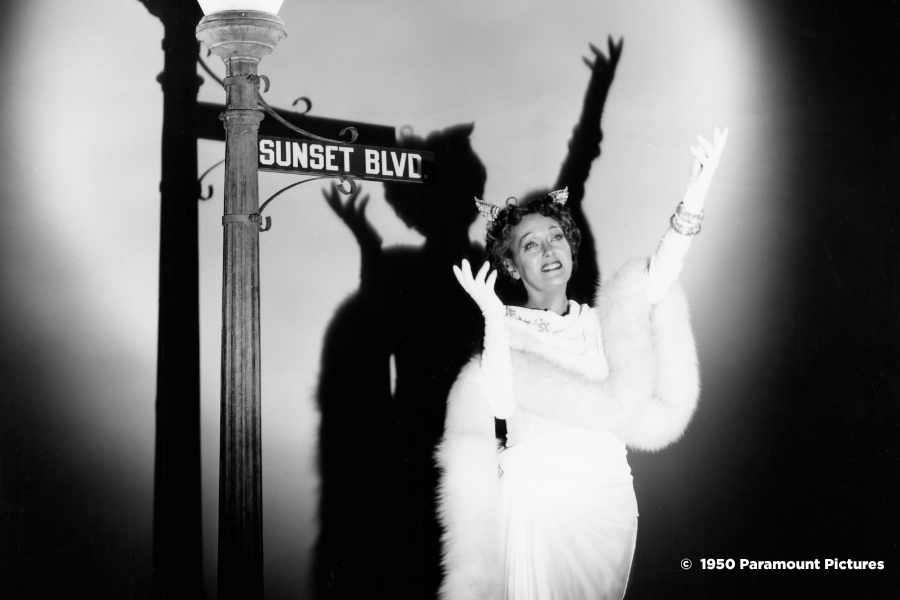


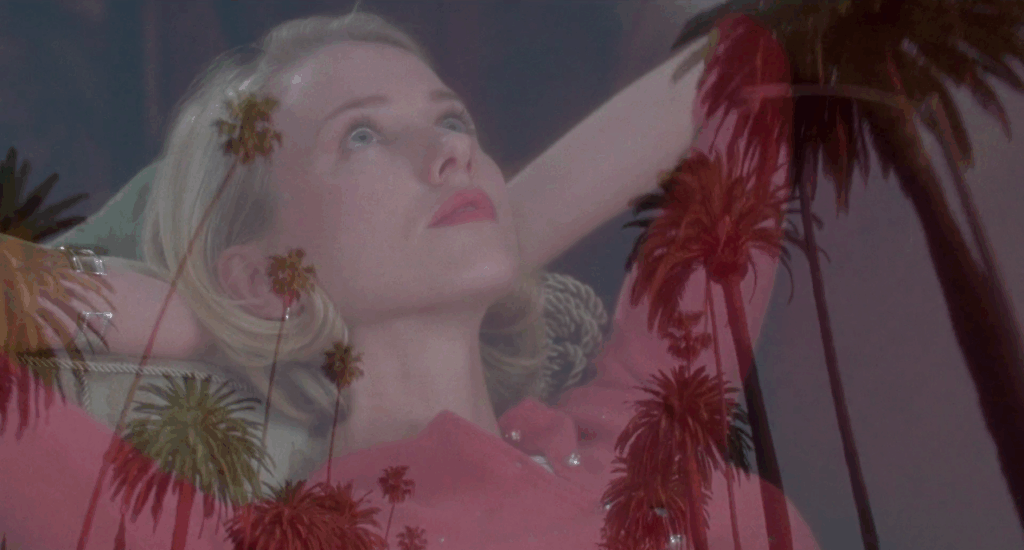
Sunset Boulevard had an undeniable impact on the late David Lynch, with his signature film Mulholland Drive being a thematic sister to Sunset Boulevard [1]. Like Sunset Boulevard, Mulholland Drive explores the struggles of an actress attempting to make sense of an ever-changing and at times hostile industry. The protagonist Diane Selwyn is a kindred spirit to Norma Desmond.
They depict the gigantic city of Los Angeles as a claustrophobic prison for each character. Like Wilder in his greatest films, David Lynch blends absurdist humor with a deep sense of melancholy. Both directors’ signature films operate at a heightened emotional level, creating a whirlwind that threatens to send every character involved, and even the audience itself, into a form of mania.
Billy Wilder’s Double Indemnity serves as a cautionary tale about greed and ambition. The classic noir is the story of an ordinary man giving into his base impulses and the ruin that comes from them. What follows is a tale of murder, betrayal, and self-destruction. Double Indemnity is the high point of Billy Wilder’s varied career and the noir genre itself.
The pairing of this feature with Richard Linklater’s romantic comedy Hit Man seems unconventional at first – the films could not be more different in their tones. Yet, both stories ponder the same premise—what happens when a normal man is lured into a web of deceit by a femme fatale? Glen Powell’s Gary, like Double Indemnity’s Walter, begins a personal transformation as the result of their time spent with their respective foils.
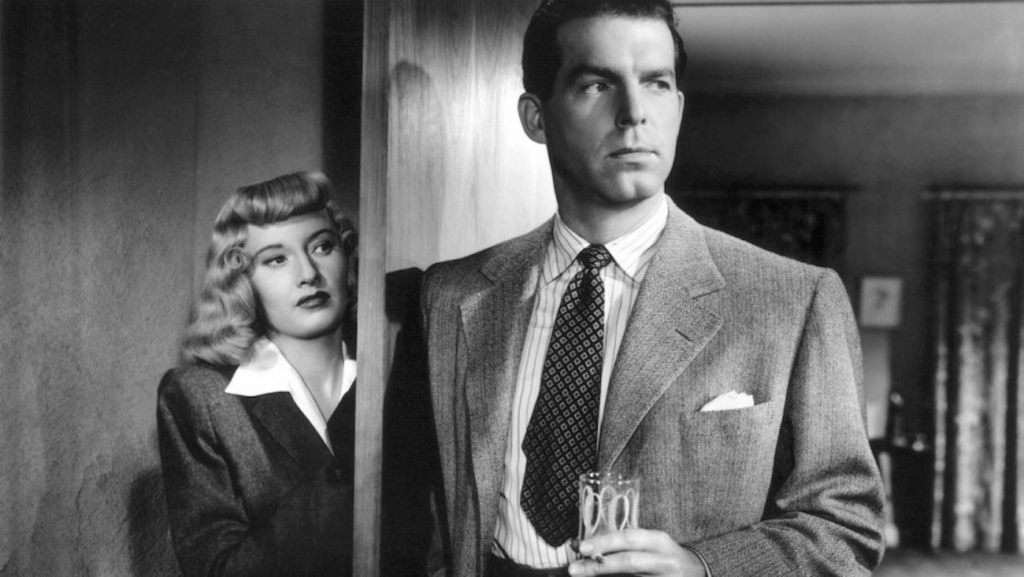
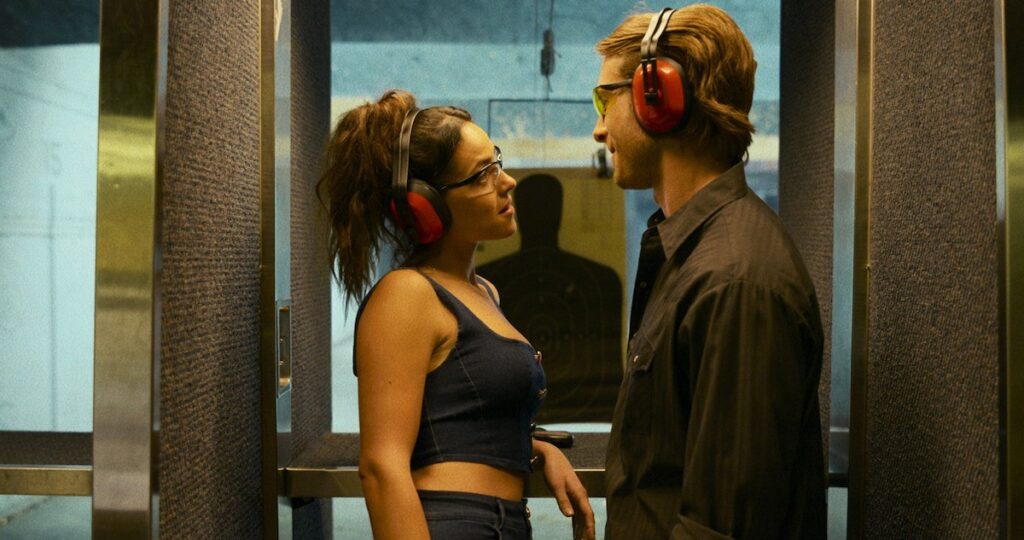
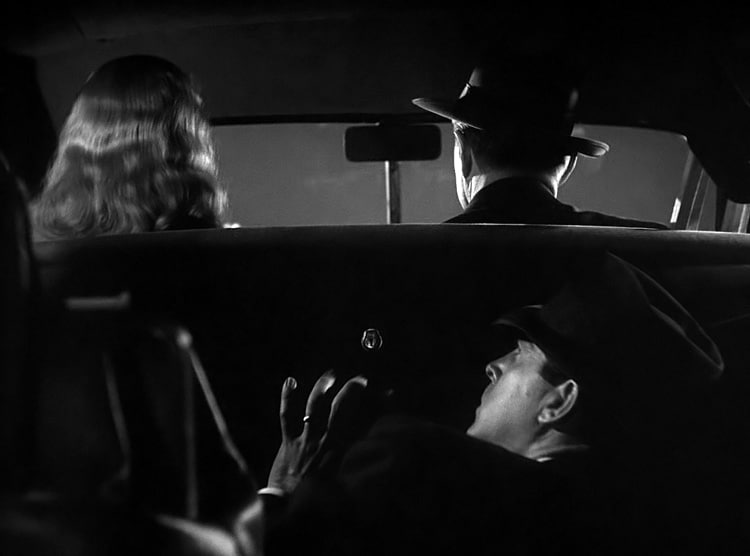
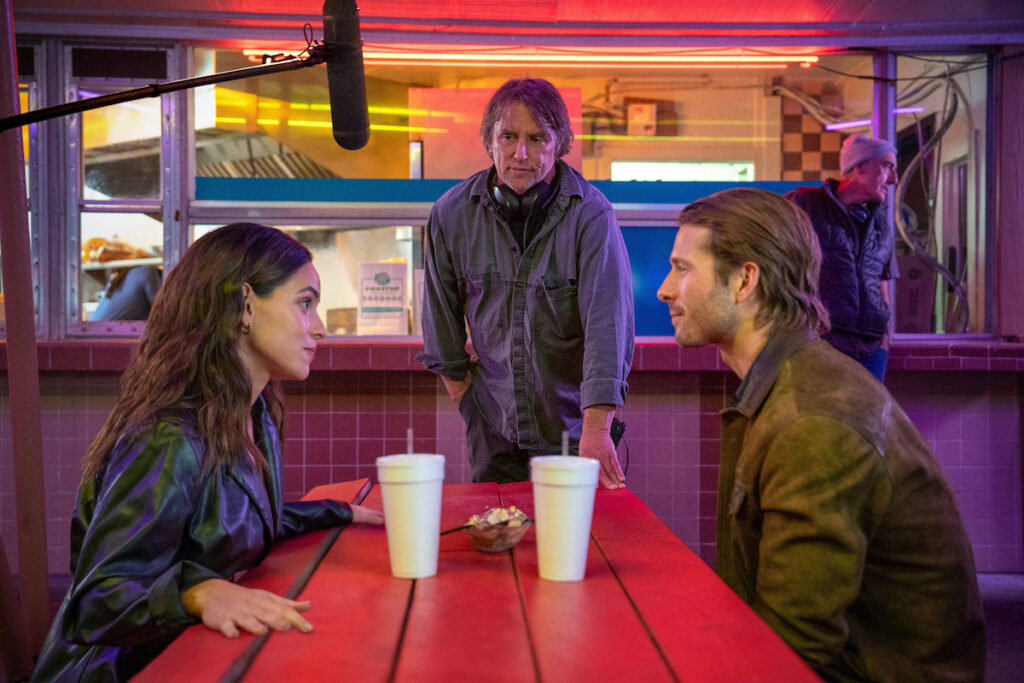
While Double Indemnity uses the noir genre to explore the deep wells of darkness human beings are capable of, Hit Man flips the script into something more playful. The tension is still there and incredibly palpable but due to its Linklater charm, it’s a breezy watch. He takes Double Indemnity’s gravitas and seriousness and turns it into a playful story that incorporates the screwball comedy of Wilder’s other work.
Billy Wilder’s The Apartment is a classic through and through. Set against the backdrop of the corporate world of the 1950s, we follow our protagonist C.C. Baxter as he tries to navigate his way through this concrete jungle. As is tradition with most Wilder films, the protagonist is offered a way to get ahead through questionable morality.
For a time, Baxter lends his apartment to his superiors for their own benefit. When he is given a better path through finding love, he must decide if he wants success or happiness. Will our protagonist choose to be like the corrupt men in his orbit or to walk the path of good? Wilder’s film balances humor and heart as we see Baxter try to reconcile this question.
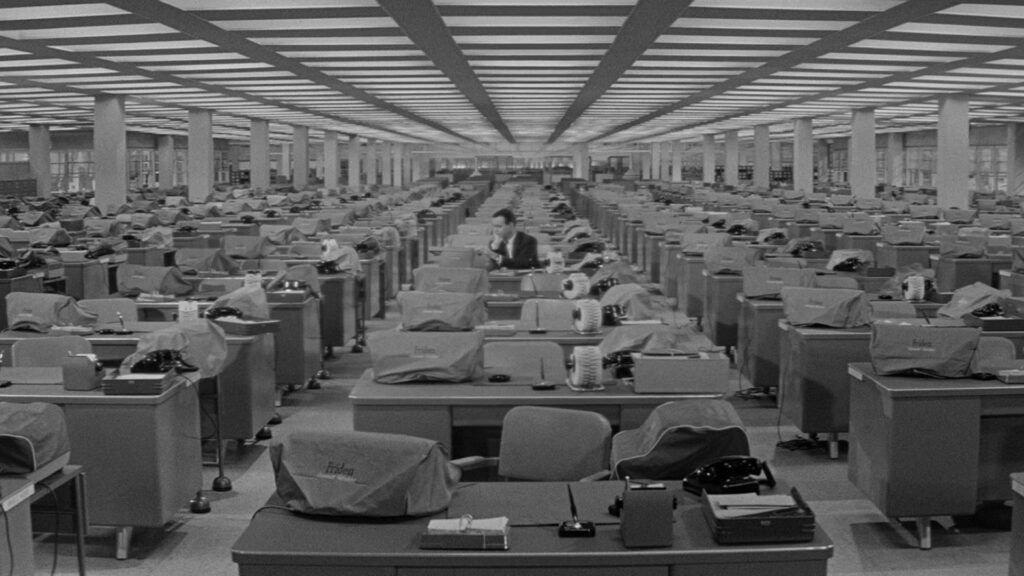

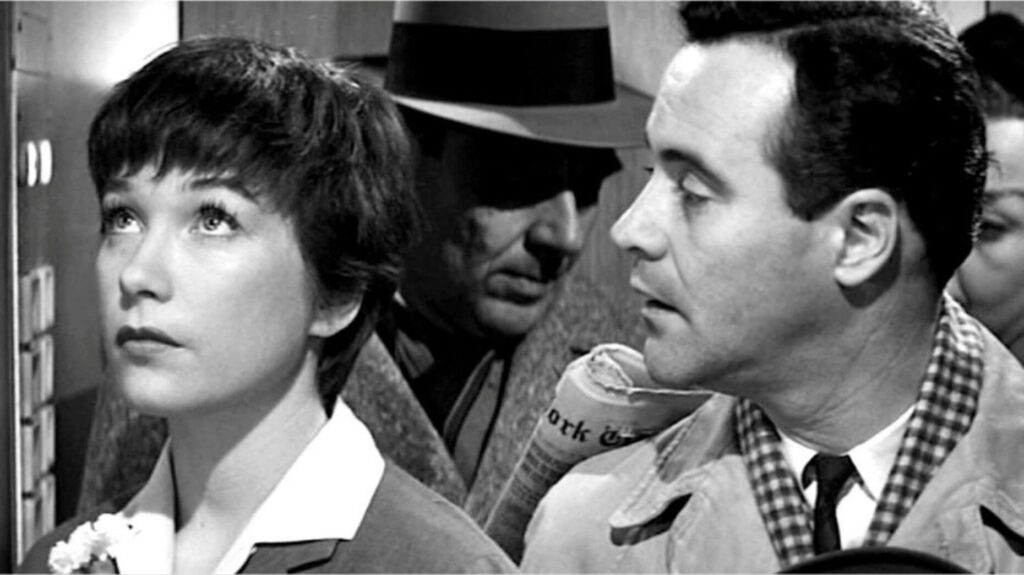
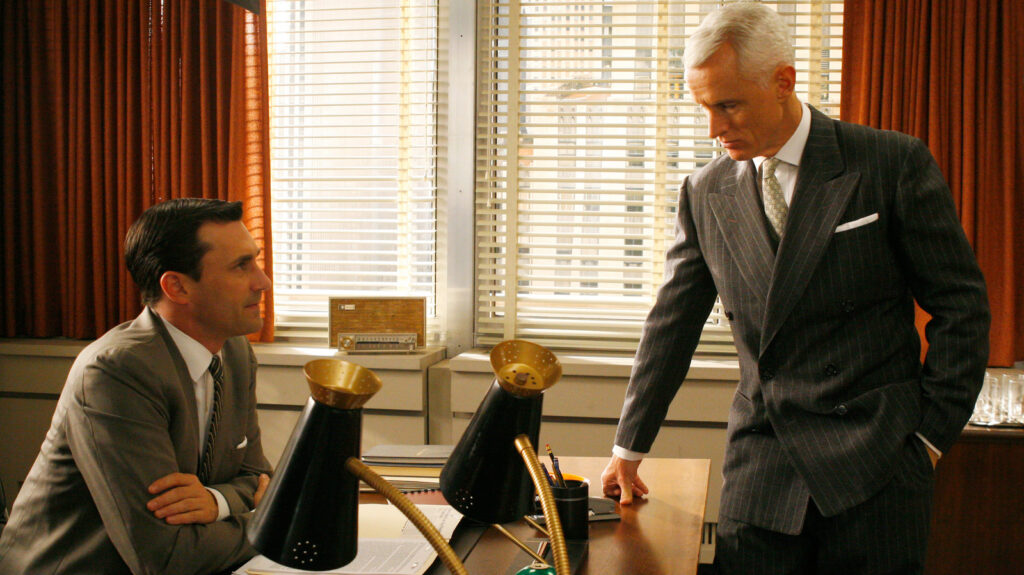
Mad Men is a show that is heavily indebted to The Apartment. Like The Apartment, Mad Men explores the tension between the alluring highs of the glamorous business world and the emptiness of the well-dressed but broken men who inhabit it. Both projects critique the patriarchal hierarchy of the business world without ever losing sight of subtlety and nuance. Success for these men may look sensational, but it leaves a trail of broken people in its wake.
Regarded as Wilder’s darkest film, Ace in the Hole chronicles a disgraced journalist Chuck Tatum who is willing to do anything for a story. After uncovering a man trapped in a collapsed cliff dwelling, he sees dollar signs. Chuck Tatum is presented as a black hole of pettiness and corruption, embodying the darkest impulses of the media industry. When he gets his hands on the story, what follows is a circus of exploitation.
Ace in the Hole was one of the first movies to look at journalism cynically, suggesting that not all who enter the profession succeed with the best of intentions. Wilder’s cynical tone alienated some audiences at the time of the film’s release, but it only grows more relevant with each passing year. A line can be directly drawn from Ace in the Hole to Sidney Lumet’s decade-defining film, Network. Network asks what happens when those who shape our reality decide to distort it for profit, with every character embodying Chuck Tatum.
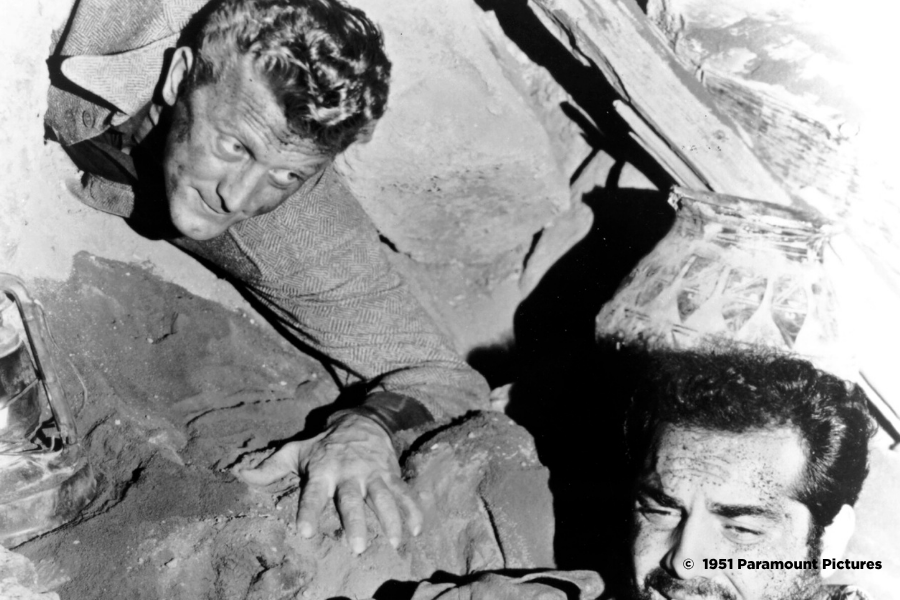

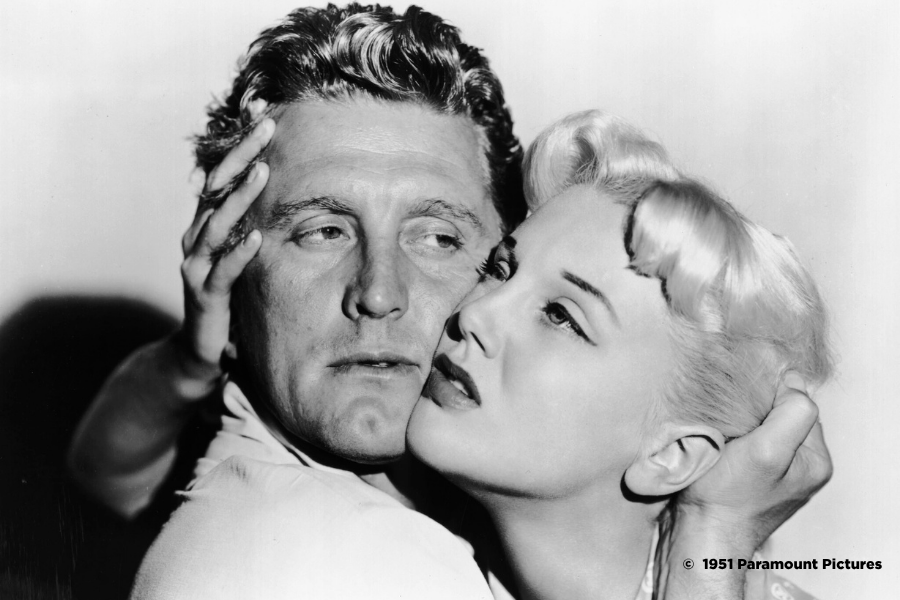

These characters are driven by greed, self-interest, and a willingness to exploit human suffering to create a spectacle. The platforming of the “prophetic” rants of Howard Beale is incredibly similar to Chuck’s carefully orchestrated media circus. Lumet and Wilder’s stories are undeniably bleak, but are propelled by a sense of humor that keeps them.
Sabrina is Wilder’s take on the romantic comedy, perfecting the love triangle and creating a cinematic template that is still used today. The film follows Audrey Hepburn as the titular Sabrina, the daughter of the chauffeur to a wealthy family, and the two siblings (William Holden and Humphrey Bogart), towards whom she gravitates. Like any good love triangle, the siblings could not be more different. Bogart’s Linus is an older figure of stability, while Holden’s David is an agent of chaos. Sabrina’s lighthearted nature does not take away from the complexity of its characters. We understand Sabrina’s longing, so we root for her every step of the often chaotic journey.




In this story, love is a game. More importantly, love is a game to be won. This playful combination of sport, love triangles, and the complexities of human desire can easily be found in Luca Guadagnino’s Challengers. This film, much like Sabrina, follows a mischievous protagonist as she tries to navigate a chaotic world with two different men.
Billy Wilder was a cinematic titan. His filmmaking style was singular, and his writing was both incredibly clever and empathetic. While his characters often existed in larger-than-life worlds, they felt like real people. It is incredibly easy to see not only the mark he left on cinema but the inspiration his work provided for upcoming filmmakers.
Sign up for our newsletter to keep up to date with all our screenings



"*" indicates required fields